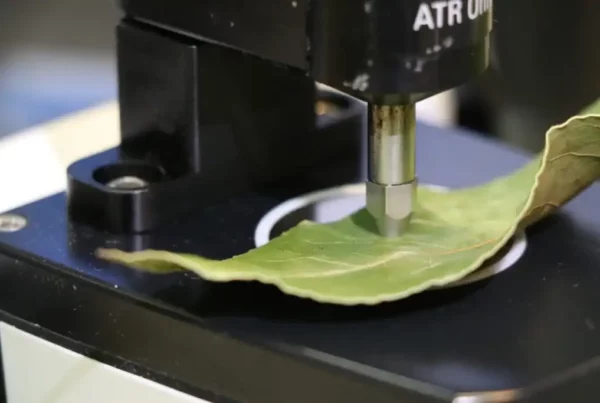Recent research from Dr Giovanni Sena’s group in the Department of Life Sciences at Imperial College London highlights an intriguing method to help protect plants from pathogen attacks using weak electric fields. By placing electric fields near plant roots, the team showed it is possible to partially shield them from the harmful spores of pathogens. The approach works because certain spores, such as those of Phytophthora palmivora, which attacks palms and nuts, are electrotactic – meaning they are naturally drawn to electric charges.
In earlier work, the same group quantified this electrotactic behaviour, revealing how P. palmivora spores are attracted to positive electrodes. Now, the group show that placing a device that generates such a field near the roots of plants like Arabidopsis and Medicago can significantly reduce the number of spores that attach to them.
Dr Sena said: “These exciting results open the possibility of developing new tools for crop protection, based on host-pathogen bioelectric interactions and not requiring genetic modifications or pesticides.”
Read the paper: Scientific Reports
Article source: Imperial College London
Author: Ryan O’Hare, Emily Govan, Hayley Dunning, Simon Levey
Image credit: grass-pixabay







